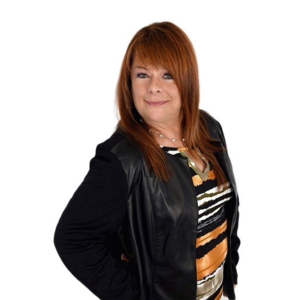Useful list of expenses when buying a home
05 Jul 2019
Useful list of expenses when buying a home
Buying or selling a home comes at a cost. To avoid getting caught off guard, here’s a list of expenses you should include in your “new home” budget.
Buying: What are the one-time costs?
Set aside the equivalent of 3% to 5% of your property value for these inevitable costs:
- land transfer tax (commonly referred to as the welcome tax in Quebec)
- notary or lawyer fees
- adjustment of municipal and school taxes
- mortgage insurance premium1
- professional services such as a home inspection and appraisal
- moving expenses
- standard service connection fees (electricity, gas, telecommunications, etc.)
Sometimes, little expenses here and there can add up. In particular, keep in mind the cost of:
- purchasing new furniture and/or household appliances
- small odd jobs and slightly more substantial renovations
- interior decorating: blinds, curtains, lighting, carpet cleaning, painting, etc.
- outdoor renovations: installing a fence, landscaping, adding a pool, etc.
Building your own home? Your one-time costs will go up as you’ll also be paying for:
- the preparation of plans and specifications
- a building permit
- surveying
- landscaping
- sales taxes
- possibly water and/or soil analysis
Recurring costs: Up to 32% of your gross income
Once you’re settled in, you’re still not off the hook. It’s recommended that you set aside up to 32% of your gross income on annually-recurring fixed costs. These typically include:
- your mortgage loan payment
- standard service fees (electricity, gas, telecommunications, etc.)
- home insurance, life and disability loan insurance
- municipal and school taxes
- condo fees, if you live in a condo
- RRSP repayment if you participated in the HBP
Selling: The most common expenses
Few people realize that it’s just as important to budget for the following expenses when selling your home, especially if you’re also buying a new property:
- paying your mortgage balance (this one goes without saying), but it’s possible you’ll also be charged a prepayment penalty if you pay your loan in full before the end of your contract. Assess this amount properly with your financial institution before deciding whether to sell.
| – This link will open in a new window.Mortgage prepayment calculator |
| Note that the lender may not impose a penalty if you buy a new property and take out a new loan with the same institution. |
- updating your certificate of location, a document that’s required for notarized transactions
- taxable brokerage fees (the percentage specified in your contract with your real estate agent)
- repairs, tests or analyses that the sale of your property is conditional on
- a release fee, allowing you to register your mortgage discharge with the land registry
- municipal and school tax adjustment
- moving expenses
Don’t hesitate to ask your financial advisor or real estate broker for their valuable advice-they’re your allies.
1 If you have a down payment of between 5% and 20% to purchase your home, you’ll have to take out mortgage insurance from Canada Mortgage and Housing Corporation (CMHC) or Genworth Financial Canada. You’ll have the option of paying it off as a single lump sum or adding it to your mortgage amount and amortizing the payment.
